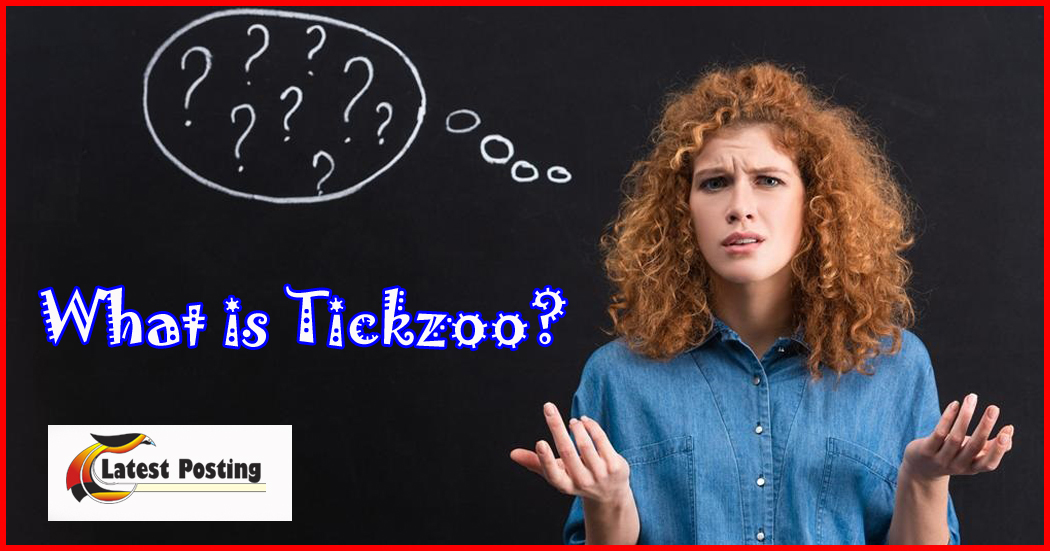Why does the digital landscape seem to constantly shift beneath our feet, and how do we navigate the ever-evolving currents of online content?
The story of Tickzoo, a platform shrouded in controversy, offers a compelling lens through which to understand the complexities of digital spaces, the limitations of access, and the ongoing debates surrounding censorship, ethics, and societal impact.
The echoes of "We did not find results for:" still resonate in the digital realm. This phrase, a testament to the transient nature of online entities, speaks volumes about Tickzoo. The platform, once touted as "the ultimate wildlife experience you can't miss," has vanished from the search results. Its absence prompts us to ask: what exactly was Tickzoo, and why did it disappear?
Tickzoos closure, a story of legal complexities, ethical quandaries, and financial burdens, is a cautionary tale, showcasing the fragility of even the most promising digital ventures. The platform's demise was not a singular event but the culmination of several significant pressures. Legal issues, likely concerning the legality of its activities and the content it hosted, formed a significant hurdle. Ethical criticisms, likely focusing on the nature of the content and its accessibility, further compounded the challenges. Compounding these, financial instability, exacerbated by shifting online advertising policies, sealed the platforms fate.
The impact of Tickzoo on society transcends its mere existence as a platform. It sparked fierce discussions about freedom of speech, the necessity of content regulation, and the ethical considerations involved in accessing certain types of material. These conversations continue to shape our understanding of the internets role in society, its influence on cultural norms, and the responsibilities of platforms and users alike.
The user experience, however, was not without its frustrations. Regional restrictions, which often limited access based on geographic location, and the detection of Virtual Private Networks (VPNs), designed to circumvent these restrictions, created significant hurdles for many users. This often resulted in a search for alternatives. The desire for a platform that mirrors Tickzoo, but which offers greater functionality and is accessible, has driven many to explore the digital landscape. This demand has fueled the emergence of various Tickzoo alternatives, all trying to fill the void left by its departure.
This article, therefore, seeks to be a comprehensive guide. It aims to provide a detailed exploration of the Tickzoo phenomenon, its rise and fall, and its lasting impact on the digital world.
The concept of "Tickzoo, the ultimate hub for adrenaline junkies and curious minds alike" hints at the breadth of content it once offered. Described as a platform where users could "embark on a virtual voyage like never before," Tickzoo promised a wide variety of experiences, from thrilling activities to mysterious destinations. For users, the allure of this type of platform proved to be irresistible, promising an "unparalleled experience" that would leave them wanting more.
The website, tickzoo.com, appears to have offered a diverse array of services, including shows and movies not found elsewhere. This exclusivity, a common strategy in the streaming landscape, aimed to attract and retain users. However, even within this niche, the platform faced competition. Despite its decent interface, comparisons with services like Netflix highlighted the importance of user experience, with Netflix's recommendation algorithms and intuitive design offering a compelling alternative.
The very existence of Tickzoo challenged the established norms, and pushed the boundaries of digital content. This fueled debates on censorship, freedom of speech, and the role of niche platforms in the internet ecosystem. For many users, Tickzoo transcended being simply a platform; it was a community, a space for exploration and interaction.
However, as we've seen, Tickzoo is gone. The website has seemingly ceased operations. The reasons behind its closure are complex, but the legal, ethical, and financial pressures exerted a significant toll on the platform.
The legacy of Tickzoo, while complex, continues to shape our understanding of the digital landscape. It is a reminder of the ever-changing nature of the internet, the delicate balance between freedom and responsibility, and the enduring quest for compelling and accessible content. The absence of definitive search results and the disappearance of the website reinforce that even the most prominent online platforms can be temporary, and the choices we make can have lasting repercussions. It shows how the need to check spelling or try a new query is a daily occurrence.
The closure of Tickzoo prompts us to look at the underlying issues involved in the rise and fall of digital platforms:
Legal Pressures: The activities of Tickzoo and its content ran afoul of existing laws and regulations. The lack of clarity about the platforms legality exposed it to potential lawsuits and government action.
Ethical Criticisms: The content and practices of Tickzoo were subject to ongoing ethical scrutiny. The debate over the kind of content featured and how it affected society was substantial. Ethical considerations played a vital role in the ultimate fate of the platform.
Financial Instability: Tickzoos ability to generate revenue was significantly impacted by shifts in online advertising policies and changes in market conditions, exacerbating their financial vulnerabilities.
Tickzoo's story mirrors the broader themes. It is a reflection of the many challenges present on the internet today. From the complexities of online regulations to the impact of content on societal values, Tickzoo provides an interesting point of view. This is a case study of the many factors that shape the internet ecosystem.
The impact of Tickzoo on society involved:
Freedom of Speech: Tickzoo's presence challenged traditional notions of freedom of speech. The platform pushed boundaries and sparked discussions on censorship and expression in digital environments.
Online Content Regulation: The role of platforms in controlling content and the ethical implications of online content, especially explicit material, became the focus of the discussion. The debate continues to evolve as society grapples with the question of content moderation.
Ethical Implications: Accessing explicit content in the digital world requires considering the moral implications involved. Tickzoo highlighted the need for users to assess the effects of consuming certain materials.
The closure of Tickzoo is not merely the end of a website, but a reminder of the dynamic nature of online spaces. It underscores the need for critical engagement with the digital landscape, the responsibility of platforms and users, and the continued debate over freedom, ethics, and regulation in the online world.


